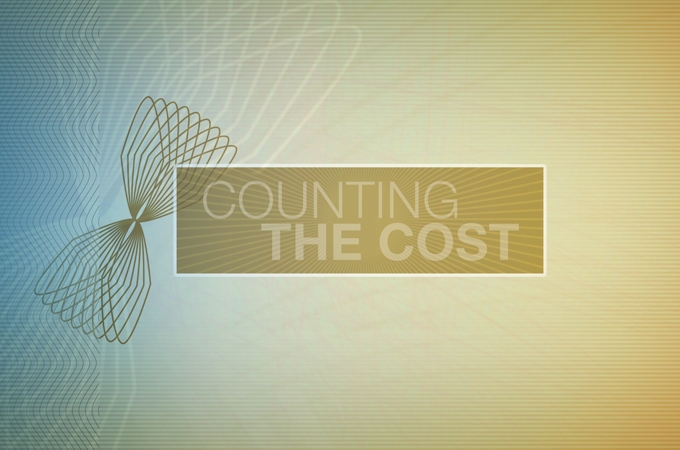
The price of closed borders
We look at the global immigration debate and examine whether foreigners are good for a country’s economy, or a burden.
Immigration is a thorny issue at the best of times – one contested by both politicians and the public – and where, arguably, perception and reality never meet.
There are many aspects to the debate: asylum seekers, economic migrants, border controls – all of which lead to a central question: Is it actually good for the economy, or a burden?
A push by those on the Right for new limits on the movement of people across borders is a critical issue surrounding the immigration debate. It is no surprise then that Switzerland voted to impose immigration quotas on the European Union.
Foreigners make up almost a quarter of Switzerland’s eight million population, and most immigrants are employed in highly skilled jobs. Some of the country’s biggest corporate names – like Swatch and Nestle – were started by foreigners. The benefit from immigration to the Swiss government each year is estimated at $7.2bn.
So when addressing the ‘perception vs reality’ divide, it is necessary to consider some facts about immigration, and what benefits it actually brings.
The Organisation for Economic Co-operation and Development (OECD) says the impact of immigrants is quite small – not greater than half a percent GDP either way – in positive or negative terms.
Most immigrants into OECD nations come from China, Romania and Poland. Other countries in the top 10 are Germany, the US and the UK. The last two are also in the list of most popular OECD nations for permanent migrants, along with Spain.
Elsewhere, Malaysia now hosts more than 100,000 refugees. It takes on average around seven years for them to be resettled. Unable to work or build a future, the wait is often what drives people to leave by illicit means. And with conflicts across the Middle East, and other ethnic disputes in nearby Myanmar, it is hard to see the stream of refugees slowing down in such regions across the world.
Joining Counting the Cost to discuss the pros and cons of immigration is Demetrios Papademetriou, the president of the Migration Policy Institute.
This week, we also take a look at Argentina, which has been a serial sovereign defaulter, and had a deteriorating relationship with its lenders – especially when it was accused by the International Monetary Fund of making up economic data.
But it is trying to make amends by introducing a new method of measuring inflation, just weeks after devaluing its currency. Our Latin American editor Lucia Newman sat down with Argentina’s former central bank president Martin Redrado to discuss the state of the country’s economy.
Finally, at the Singapore Air Show, Airbus showed off its challenger to Boeing’s fuel efficient 787 – the Airbus A350. Scott Heidler reports that there was more to this year’s show.
Watch each week at the following times GMT: Friday: 2230; Saturday: 0930; Sunday: 0330; Monday: 1630. Click here for more Counting the Cost . Follow Kamahl Santamaria @KamahlAJE and business editor Abid Ali @abidoliverali |
